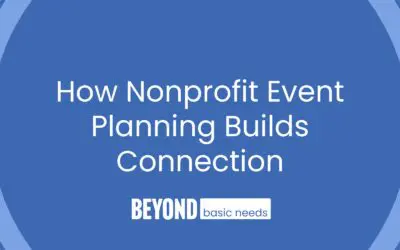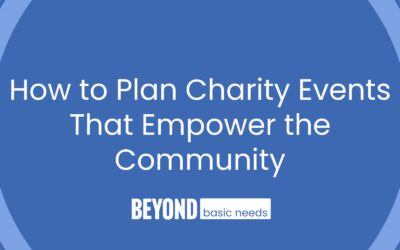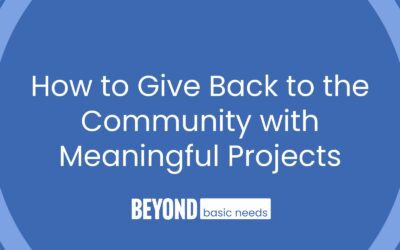British literary critic John Churton Collins once said, “In prosperity, our friends know us. In adversity, we know our friends.” These words ring especially true for anyone who has faced the daunting challenge of a cancer diagnosis.
If you’ve noticed your circle shrinking after such news, you’re not alone. A cancer diagnosis can be a jarring experience, not just for you but also for those around you. It often leaves people at a loss for how to respond, much like other tough situations such as bereavement, job loss, or divorce. Unfortunately, this uncertainty can lead to isolation at a time when connection is most needed.

Navigating Discomfort
A cancer diagnosis brings a whirlwind of emotions, not just for those diagnosed but also for their friends and family. It’s a tough topic that many people find uncomfortable to discuss, sometimes leading to awkward silences or even avoidance. This discomfort, however, should not overshadow the importance of maintaining relationships during such challenging times.
It’s crucial to remember that true connections aren’t just for celebrating life’s highs—they’re also for weathering the lows together. While it might feel easier to isolate yourself or avoid difficult conversations, doing so can inadvertently create distance between you and your loved ones. Instead, embrace these moments as opportunities to deepen your relationships and build a stronger support network.
Moreover, maintaining these connections in real-time—during daily challenges and not just major life events—helps keep relationships strong and authentic. It’s easy to drift apart when conversations are only reserved for the big moments. Regular check-ins, sharing small victories, or even venting frustrations can keep the lines of communication open and prevent isolation.
Remember, discomfort is a natural part of navigating difficult experiences, but it shouldn’t be a barrier to connection. By acknowledging the awkwardness and pushing through it, you can foster deeper, more meaningful relationships that provide comfort and support through every stage of your journey. After all, life is full of ups and downs, and having a strong support system makes all the difference.
Maintaining Connections Through the Ups and Downs
In the midst of adversity, there’s an opportunity to forge deeper, more meaningful connections. The following are five ways to maintain and strengthen your bonds during this challenging time.
1. Embrace Open Communication
The first step to staying connected is to communicate openly. Share your journey—your emotions, fears, and hopes—with those close to you. Being transparent about your experiences can dispel misunderstandings and create a deeper sense of empathy and connection. If face-to-face conversations feel daunting, consider writing letters, emails, or joining a support group where you can express yourself freely and find understanding ears.
2. Tap into Support Networks
Don’t underestimate the power of support networks. These communities, available both online and offline, provide a lifeline of shared experiences and understanding. Whether it’s through forums, social media groups, or local support groups, these networks offer a sense of belonging and a treasure trove of advice and encouragement. Connecting with others who are navigating similar paths can be incredibly comforting and empowering.
3. Join a Support Group
Support groups offer a unique space where you can share your experiences and learn from others who are facing similar challenges. These groups can be tailored to specific cancer types or more general, providing a safe and supportive environment for open discussion. Many hospitals, community centers, and online platforms offer these valuable resources, making it easier than ever to find a group that fits your needs.
4. Engage in Meaningful Activities
Engaging in activities that bring joy and a sense of normalcy can be a great way to stay connected with others. Whether it’s a favorite hobby, a gentle exercise class, or a simple coffee outing, these moments can provide a break from the medical routine and strengthen your bonds with friends and family. Focus on what you enjoy and what’s manageable, creating opportunities for connection and shared experiences.
5. Create a Practice of Gratitude
Gratitude can be a powerful connector. Letting your friends and family know how much their support means to you can deepen your relationships and foster a positive atmosphere. A simple thank-you note, a heartfelt conversation, or a small gesture of appreciation can go a long way in strengthening bonds. It not only acknowledges their support but also reinforces the connections that are so vital during tough times.
Beyond the Diagnosis
A cancer diagnosis can feel like an isolating storm, but it also has the potential to reveal the strength of your community and relationships. By embracing open communication, tapping into support networks, joining support groups, engaging in meaningful activities, and expressing gratitude, you can cultivate and even deepen your connections with others. Remember, in adversity, true friends and communities stand by you, offering strength and support. Staying connected is not just a strategy for coping—it’s a crucial element of healing. Reach out, lean on your community, and know that you are not alone on this journey. Together, we are stronger and more resilient.
Need support? We can help, you are not alone.







